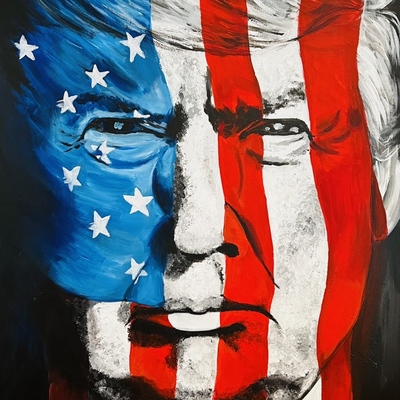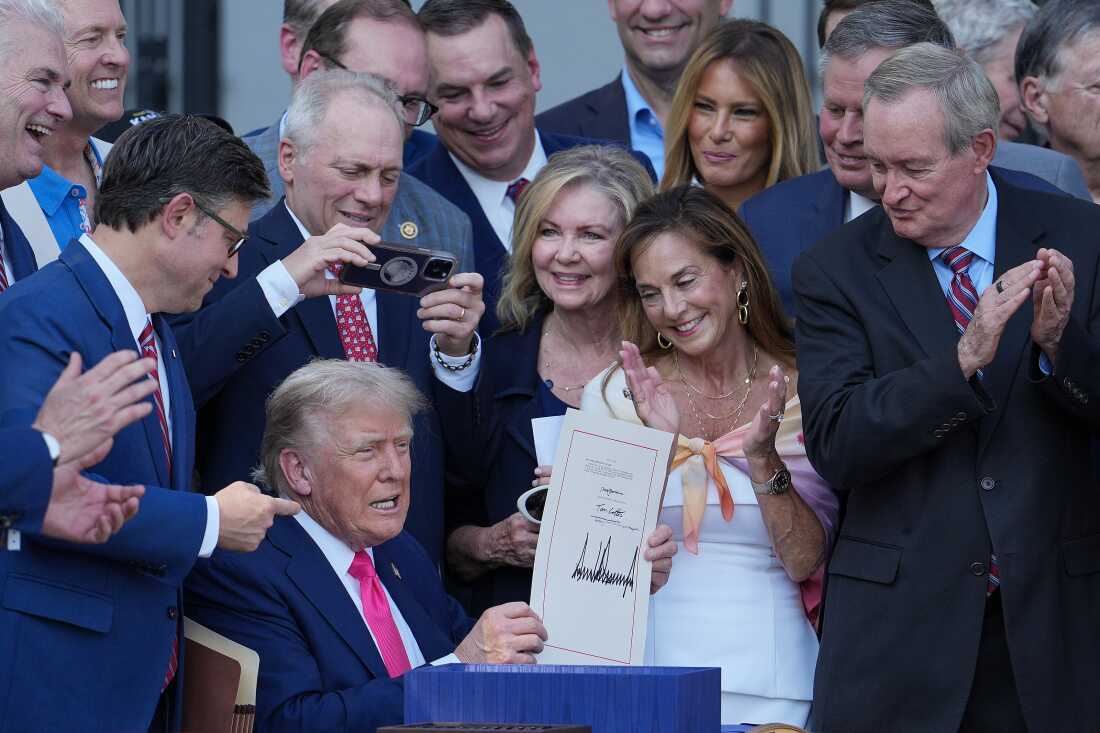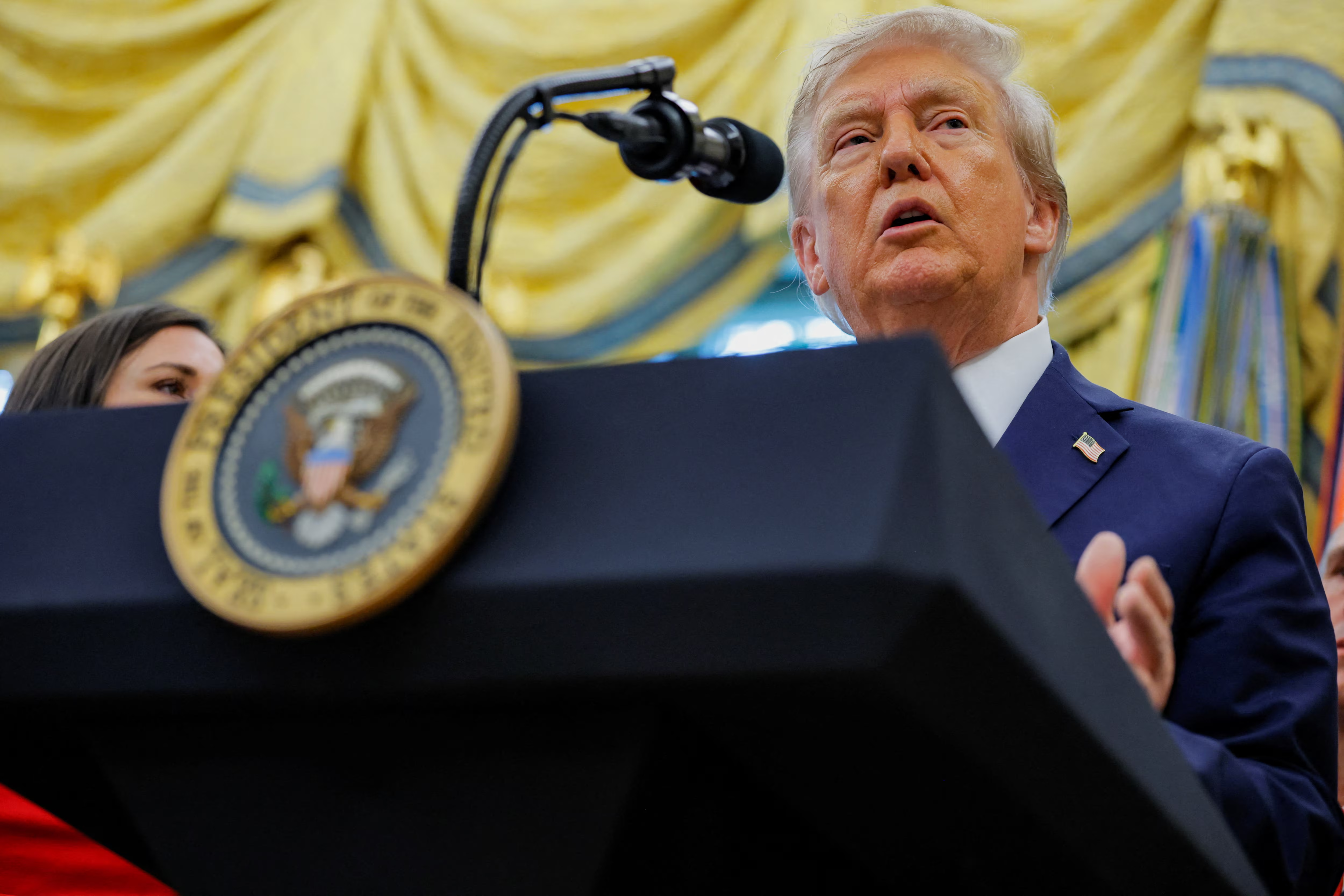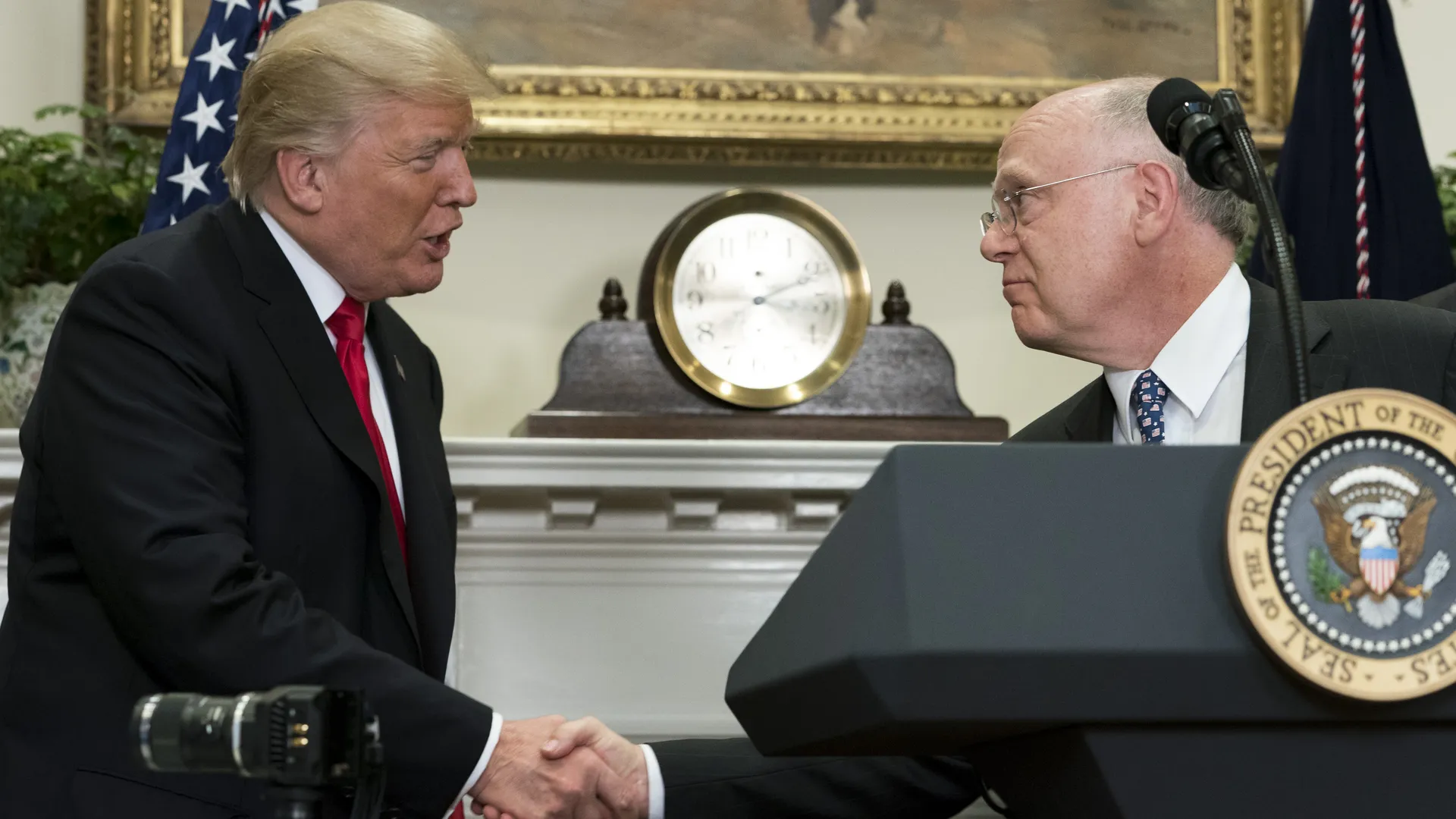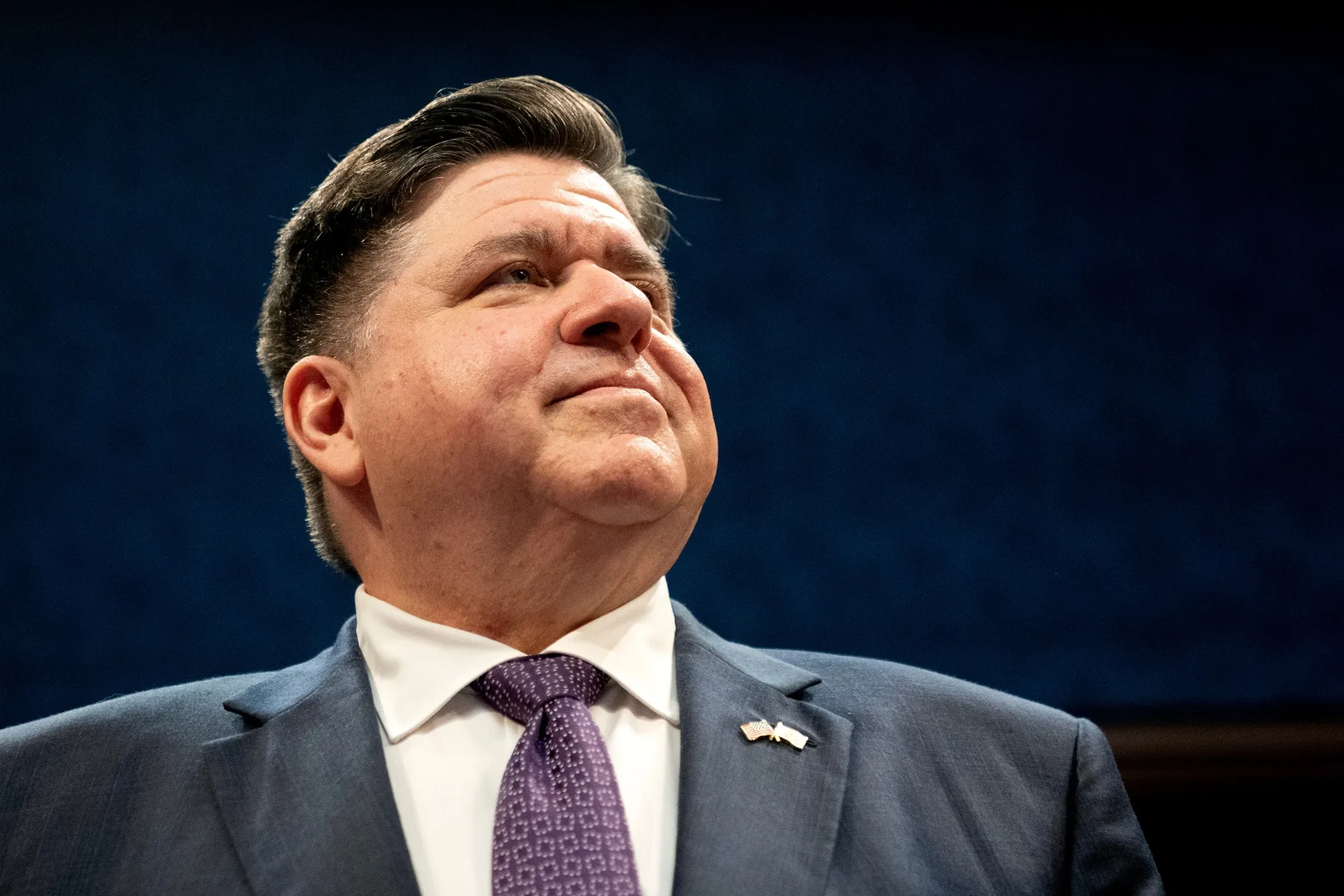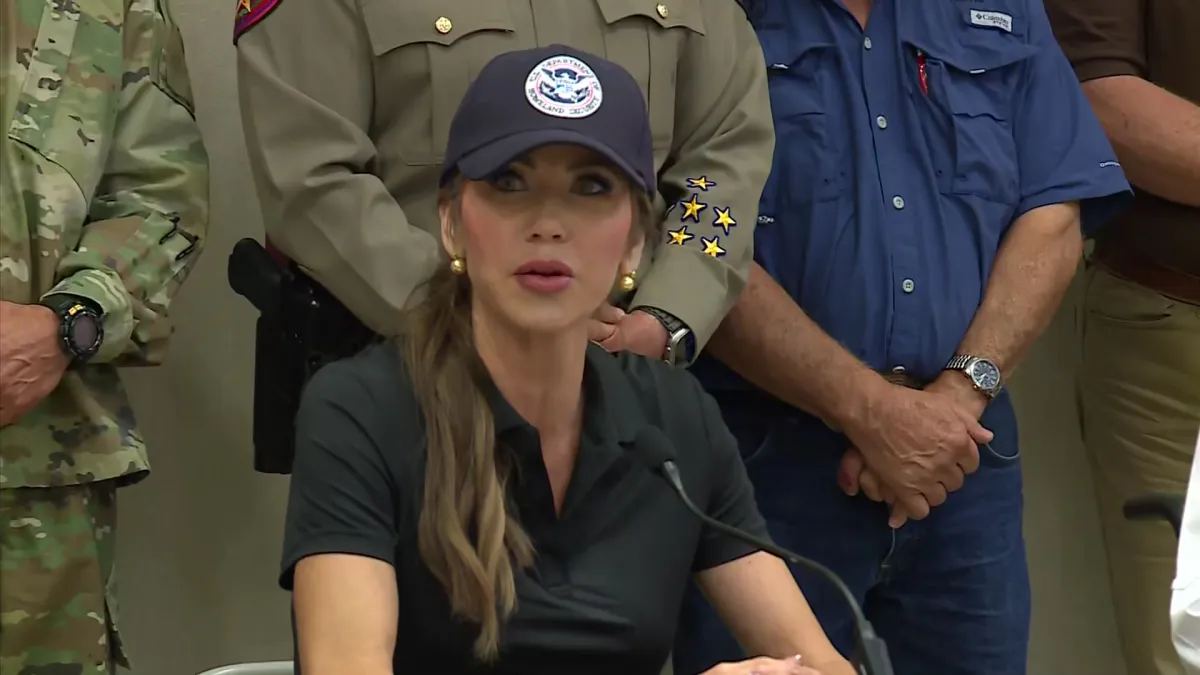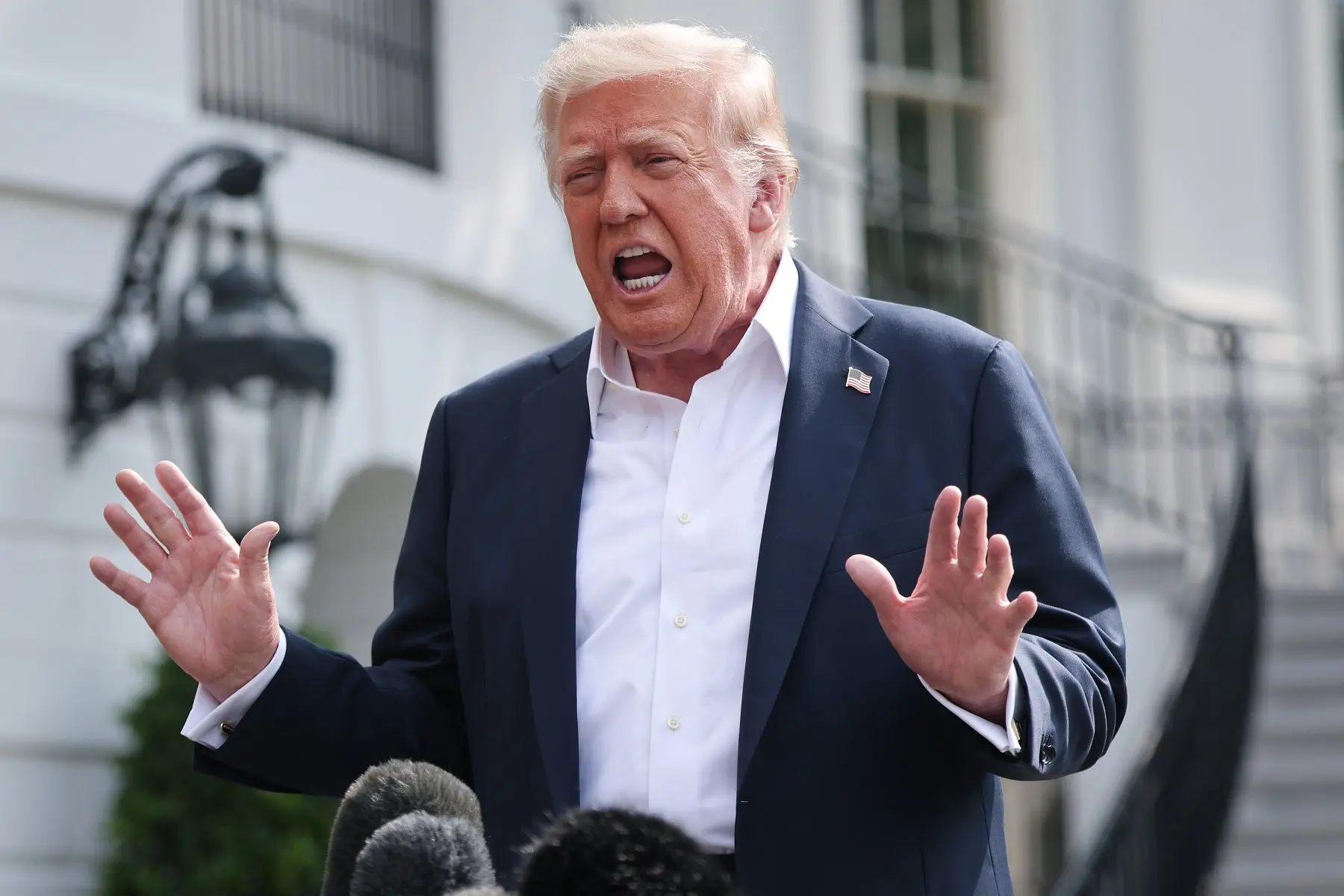
In a heartfelt message posted to his Truth Social account, President Donald Trump sounded the alarm about what he sees as one of America’s most urgent crises: the national scourge of paid holidays. According to Trump, closing businesses for even one day to acknowledge the contributions of workers is costing the country “$BILLIONS OF DOLLARS” while simultaneously tricking ordinary Americans into believing they deserve recognition for their labor.
The comment, posted just weeks ahead of Labor Day, has drawn attention for being a bold new take on the only national holiday specifically designed to honor the working class.
Historians noted that Labor Day has roots in the late 19th century, when labor unions fought for basic rights such as the eight-hour workday, safer workplaces, and the radical idea that human beings should not be crushed into powder by machinery. “The entire point of Labor Day is to celebrate the very people Trump insists don’t want it,” explained Dr. Elaine Cartwright, a labor historian at Columbia University. “But sure, let’s hear more about how Applebee’s loses a few dollars in appetizer sales.”
Trump’s post struck a chord with his supporters, many of whom echoed his frustration that America has become “soft” for allowing its citizens to enjoy both hamburgers and naps on the same day. Others worried aloud that a society with too many holidays might accidentally trick its workforce into realizing they are the backbone of the economy.
Critics, however, suggested that Trump’s statement neatly captured the larger paradox of the modern conservative movement: a populist message that somehow manages to celebrate billionaires while scolding the people who keep their factories, hotels, and golf courses functioning. “Only Trump could look at a holiday created to stop children from working 16-hour shifts in coal mines and decide the real victim is the cash register,” said one labor activist.
Economists were quick to clarify that national holidays do not, in fact, drain the economy but often provide boosts in spending, tourism, and retail sales. Still, Trump warned that holidays pose a long-term existential threat. “The workers don’t want it either!” he claimed, suggesting that millions of Americans secretly hate the day off they spend barbecuing, traveling, or, in some cases, finally catching up on laundry.
By the end of his post, Trump had reframed Labor Day not as a tribute to the American worker, but as a financial hemorrhage preventing the country from becoming “GREAT AGAIN.” While critics accuse him of attacking the symbolic dignity of labor itself, Trump has maintained that the true spirit of patriotism is showing up to work every single day, ideally at one of his golf resorts.
For now, Labor Day remains a federal holiday, celebrated by workers, unions, and families nationwide. Whether it will survive Trump’s vision of an America with 365 consecutive working days remains to be seen.
